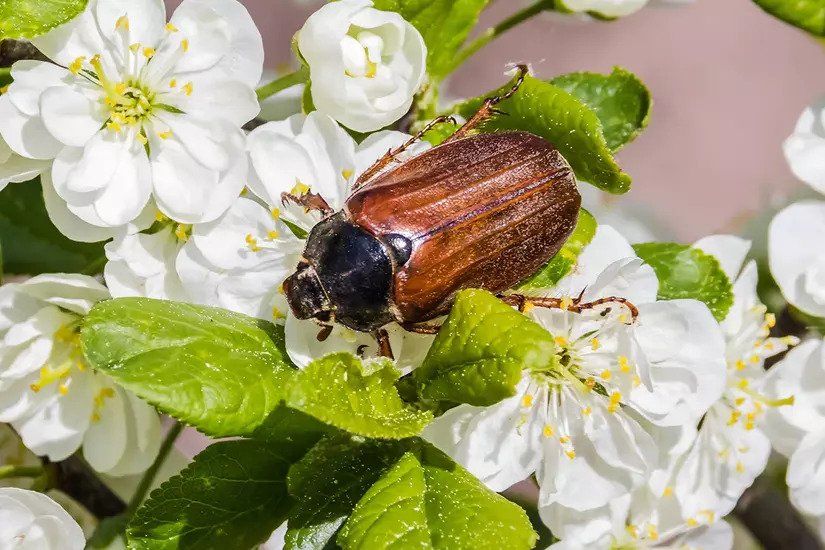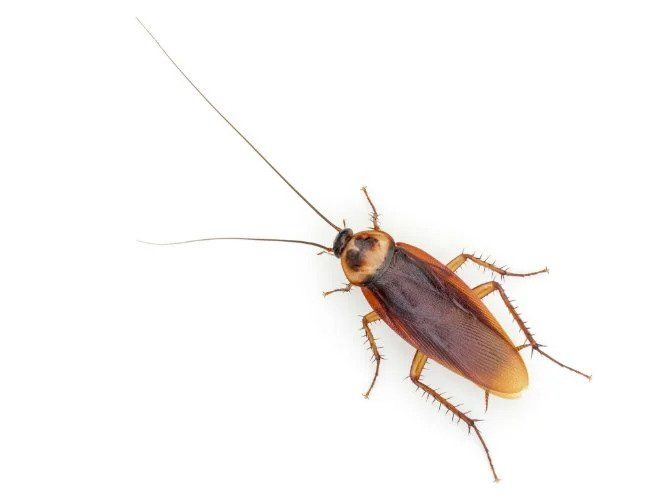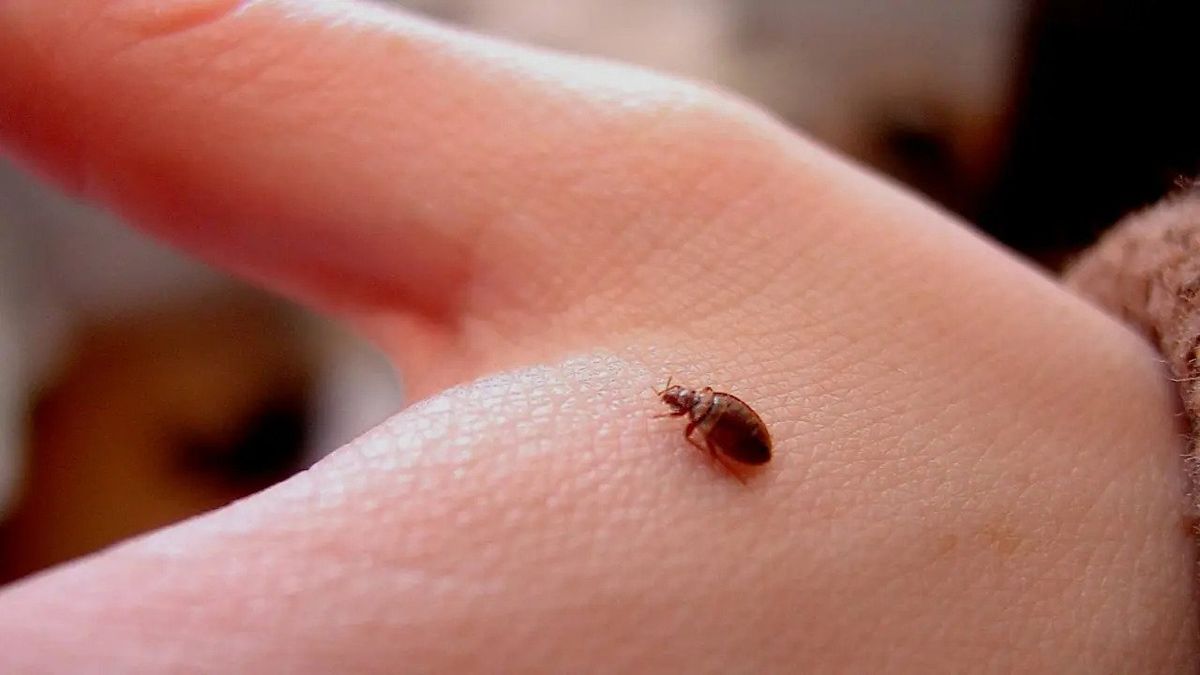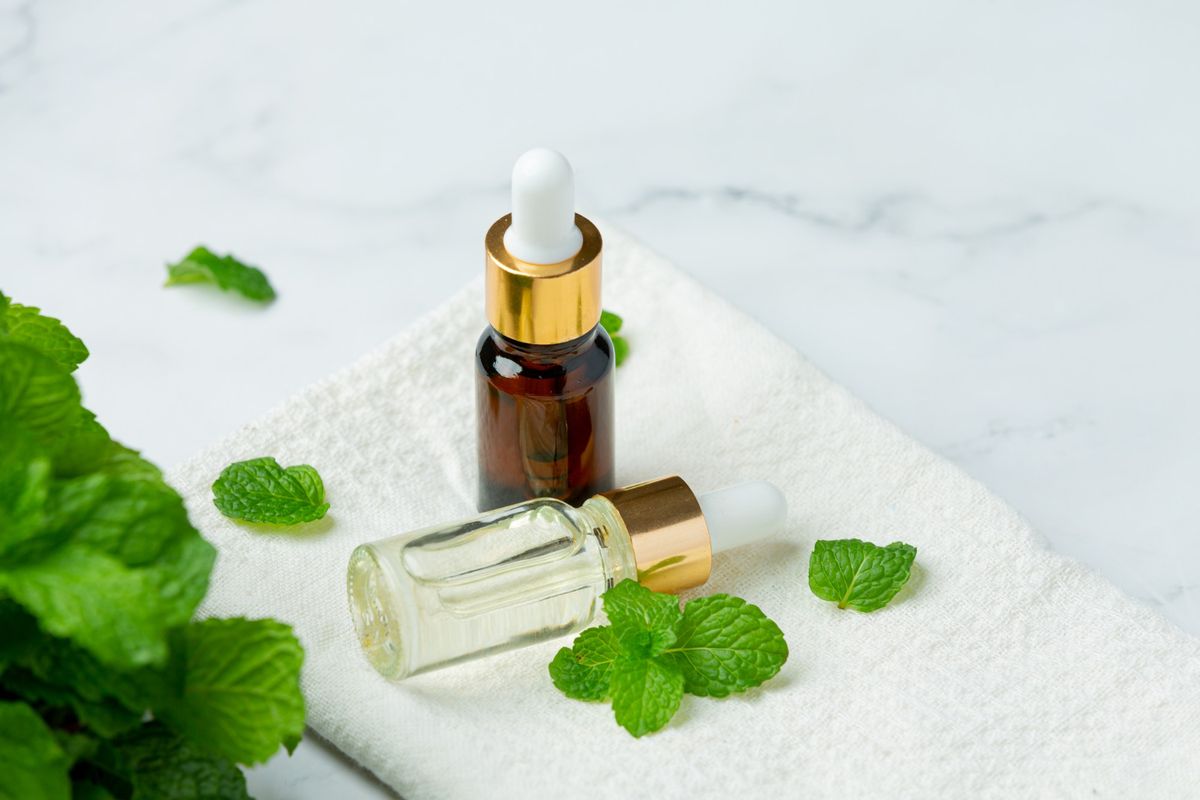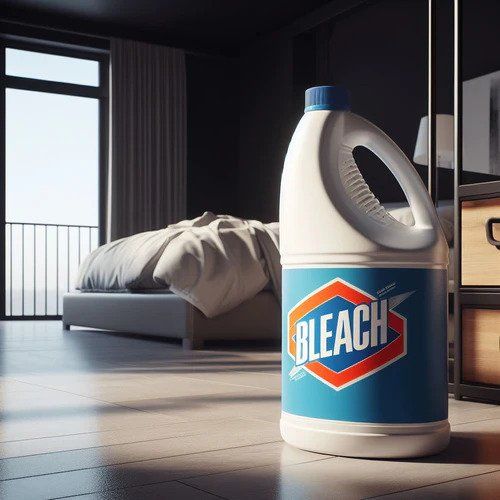Key Takeaways:
- Bleach can be effective in killing bed bugs, but it must make direct contact with the insects.
- Using bleach as a bed bug solution comes with potential health hazards and may not eliminate the entire infestation.
- Alternative treatments should be considered alongside or instead of bleach for comprehensive bed bug eradication.
Bed bugs are a persistent problem that can cause discomfort and distress in any household. The quest for effective bed bug solutions often leads to the question: does bleach kill bed bugs? This article will delve into the efficacy of bleach in killing bed bugs, the potential risks involved, and alternative methods for dealing with a bed bug infestation.
Understanding Bed Bugs and Bleach
Bed bugs are resilient insects that hide in the smallest crevices of mattresses, box springs, and other areas of a room. The active ingredient in household bleach, sodium hypochlorite, is known for its disinfecting and stain-removing properties. When bleach makes direct contact with bed bugs, it can be lethal due to its harsh chemical nature.
However, simply spraying bleach around the room is not an effective method to rid your home of bed bugs. These insects are experts at hiding, and bleach must come into direct contact with each single bed bug to be effective. This makes it challenging to ensure that all the bed bugs are exposed to the bleach.
The Risks of Using Bleach to Kill Bed Bugs
While bleach kills bed bugs on contact, it also poses significant health hazards. The fumes from bleach can irritate the respiratory system, and large amounts can be harmful to the skin and body. It's crucial to use bleach in a well-ventilated area and to avoid any direct contact with the skin.
Moreover, using bleach directly on mattresses, sheets, and furniture can damage these items and leave a strong smell. Pets and humans may also be at risk if they come into contact with surfaces that have been treated with bleach. It's essential to consider these risks before deciding to use bleach as a bed bug solution.
Alternative Bed Bug Solutions
Given the potential risks and limitations of bleach, it's worth exploring other treatments for bed bug infestations. Professional pest control services can offer more comprehensive and safer solutions. These may include heat treatments, which effectively kill bed bugs and their eggs without the use of harsh chemicals.
In addition to professional services, maintaining cleanliness by regularly washing clothing and bedding in hot water can help prevent and control bed bug problems. Vacuuming regularly and disposing of the vacuum bag immediately can also reduce the bed bug population in your home.
The Efficacy of Hydrogen Peroxide Against Bed Bugs
Have you ever wondered if hydrogen peroxide could be an ally in your battle to eliminate bed bugs? Unlike Clorox bleach, hydrogen peroxide is often touted as a safer alternative for disinfection in the house. However, when it comes to bed bugs, its effectiveness is a topic of debate. Hydrogen peroxide can indeed kill bed bugs on contact, but it has its limitations. It's not a residual insecticide, which means it won't keep killing these pests after it dries. Plus, it may not penetrate deeply enough into fabrics to reach where bed bugs hide.
Moreover, while hydrogen peroxide may seem like a less harmful option, it's important to remember that it can still cause damage. It can bleach colors from fabrics and may not be suitable for all surfaces in your home. When considering using hydrogen peroxide to wash your bedding or treat your mattress and box spring, you should test it on a small area first. This ensures that you won't end up with a bigger problem than the bed bugs themselves. Always prioritize safety and effectiveness when choosing a treatment method.
The Effectiveness of Spray Bleach on Insect Pests
Spray bleach is often touted as a powerful disinfectant, but its effectiveness extends beyond just cleaning surfaces. When it comes to insect pests, particularly bed bugs, many people wonder if a simple spray bleach solution can be the answer to their problems. While bleach does have properties that can be lethal to insects, its application as a spray presents challenges. The chemical composition of bleach can indeed disrupt the physiological functions of bed bugs, leading to their demise. However, the effectiveness of this method is highly dependent on direct contact, as bed bugs are notorious for hiding in hard-to-reach places where a spray might not penetrate.
Moreover, the use of spray bleach as an insecticide is not without its drawbacks. The corrosive nature of bleach means it can damage fabrics, furniture, and even the very surfaces you're trying to protect from bed bugs. Additionally, the fumes from bleach can be harmful to humans and pets, making it a less-than-ideal solution for households. While it may kill some bed bugs on contact, relying solely on spray bleach is unlikely to eradicate an infestation. It's important to consider these factors before deciding to use bleach as a method of insect pest control.
Integrating Bleach into a Comprehensive Bed Bug Treatment Plan
Incorporating bleach into a bed bug treatment plan requires a strategic approach. While it's not a standalone solution, bleach can play a role in a multi-faceted attack against these resilient pests. For instance, using a diluted bleach solution during the cleaning process can help disinfect items that may have come into contact with bed bugs. This includes washing bed linens, curtains, and clothing in hot water with an added cup of bleach, which can kill bed bugs and their eggs on these fabrics. It's crucial to follow the proper dilution ratios and safety guidelines to avoid damaging items and ensure the safety of those in the household.
However, it's essential to complement the use of bleach with other proven bed bug eradication methods. Professional exterminators often employ a combination of chemical treatments, heat treatments, and physical removal to tackle an infestation effectively. Homeowners can also use mattress encasements, vacuuming, and sealing cracks and crevices to prevent bed bugs from spreading. By integrating bleach into a broader treatment plan, you can enhance your chances of eliminating bed bugs while minimizing the risks associated with its use. Remember, a comprehensive approach is key to achieving a bed bug-free environment.
Clorox Bleach as a Bed Bug Laundry Additive
When it comes to laundry day, adding a cup of Clorox bleach to your wash can be a powerful move to eliminate bed bugs from your linens and clothing. Bed bugs can cling to fabrics, and using bleach in the wash can help ensure that these insects don't survive the cycle. It's a common practice for those dealing with an infestation, as high temperatures and the chemical properties of bleach can be a lethal combination for bed bugs. However, this method is only effective for items that are safe to bleach and can withstand hot water temperatures.
But what about the items that can't be tossed into the laundry? Clorox bleach is not a one-size-fits-all solution. Delicate fabrics and certain materials in your house may be damaged by bleach. Additionally, spraying bleach directly onto your mattress or box spring is not advisable due to the potential for harm to the material and the risk of inhaling harmful fumes. Always follow the label instructions and consider alternative solutions for items that cannot be treated with bleach. Remember, while bleach can be part of your strategy, it shouldn't be the only method you rely on to combat bed bugs.
Preventing Bed Bug Infestations
Prevention is always better than cure when it comes to bed bugs. Regular inspections of mattresses, furniture, and box springs can help detect an infestation early. Encasing mattresses and box springs in protective covers can also prevent bed bugs from hiding in these areas.
Travelers should be cautious about bringing bed bugs home. Inspecting hotel rooms and washing all clothing in hot water after a trip can reduce the risk of introducing bed bugs into your home.
Safety Precautions When Using Bleach
If you decide to use bleach to kill bed bugs, it's imperative to take safety precautions. Always wear gloves and a mask to protect your skin and respiratory system. Ensure the room is well-ventilated, and never mix bleach with other cleaning agents, especially ammonia, as this can create toxic fumes.
It's also important to dilute bleach with water according to the manufacturer's instructions. A bleach solution can be applied to non-porous surfaces where bed bugs are suspected to hide, but remember that it won't penetrate into the crevices where these insects often reside.
The Role of Heat and Cold in Bed Bug Eradication
Exposing bed bugs to extreme temperatures can be an effective way to eliminate them. Washing infested items in hot water and drying them on the highest heat setting can kill bed bugs and their eggs. Similarly, placing small items in direct sunlight or a freezer for a few hours can also be effective.
However, these methods may not be practical for large items or severe infestations. In such cases, professional heat treatments that raise the temperature of the entire room may be necessary to completely eradicate the bed bugs.

Can bleach repel bed bugs?
No, bleach does not repel bed bugs. It can only kill them on contact, and it does not have a residual effect that would deter them from entering an area.
How long does it take for bleach to kill bed bugs?
When bleach makes direct contact with bed bugs, it can kill them within minutes. However, it's challenging to ensure that bleach reaches every single bed bug in an infestation.
Are there any natural alternatives to bleach for killing bed bugs?
Yes, there are natural alternatives such as diatomaceous earth and essential oils that can help control bed bugs. However, these methods may not be as immediately effective as chemical treatments and should be used as part of an integrated pest management approach.

Bleach can kill bed bugs if it makes direct contact with them, but it's not the most effective or safest method for dealing with an infestation. The potential health hazards and the difficulty in ensuring that bleach reaches all hiding bed bugs make it a less desirable option. Alternative treatments, such as professional pest control services and heat treatments, along with preventive measures, are more reliable and safer ways to handle a bed bug problem.
